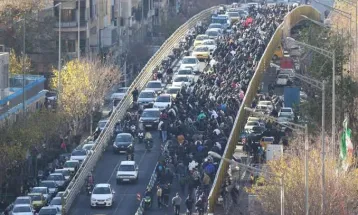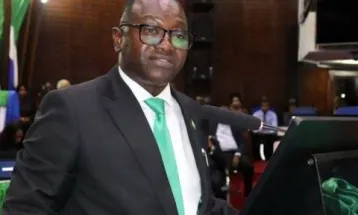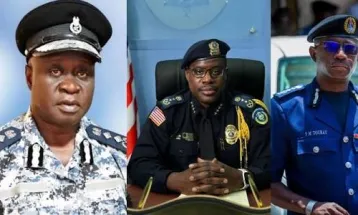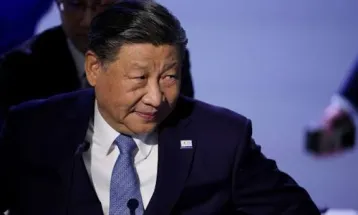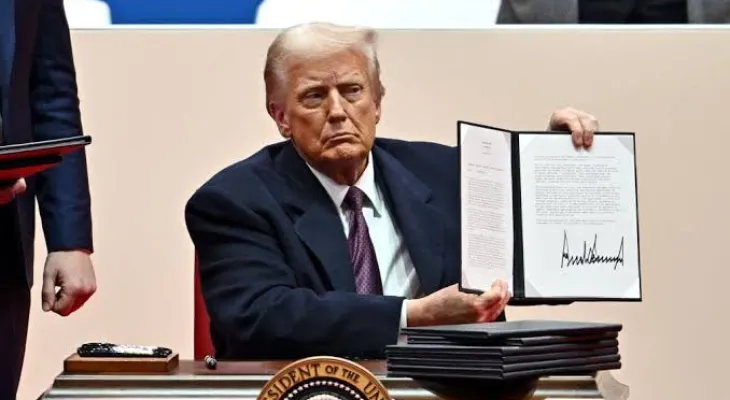
Trump’s Foreign Policy on Human Rights: A Contradiction in Action
Cognitive dissonance describes the tension that arises when someone’s actions don’t match their beliefs or values. While most people feel discomfort in such situations, Donald Trump appears unfazed by the contradictions in his foreign policy on human rights.
On one hand, his administration has taken bold actions, such as deporting Charles Emile Mbayo — a man accused of atrocities in Sierra Leone during the 1990s. U.S. officials declared that America would never be a safe haven for war criminals, and human rights advocates welcomed the move.
But on the other hand, Trump’s State Department has directed embassies to stop highlighting abuses such as corruption, electoral interference, or harassment of activists in their annual reports. This signals a willingness to overlook systemic violations if a regime serves U.S. interests.
The result is a double standard: celebrating justice in some cases while turning a blind eye in others. Critics argue that Trump is less concerned with universal human rights than with transactional relationships that advance his agenda.
This inconsistency extends to immigration. While thousands of immigrants have been deported for minor offenses, Trump has welcomed certain groups, such as white South Africans, under contested narratives of persecution. The message is clear: acceptance or rejection depends less on principle and more on political convenience.
Trump’s approach also challenges the global order itself. His first term distanced America from multilateral institutions, eroding the “rules-based system” that governed international relations. His second term, under the banner of Project 2025, has deepened that shift — weakening checks and balances, weaponizing the law, and undermining due process at home and abroad.
The consequences are stark. When the U.S. abandons its leadership role, it creates space for rival powers like China to step forward. Military parades in Beijing featuring Russia and North Korea hint at a possible new alignment — one that could push the world into a fresh arms race.
If the U.S. continues to cherry-pick when and where human rights matter, global democracy risks collapsing into a system where “might makes right.” Treaties against nuclear proliferation could be discarded, paranoia among nations would rise, and the world could edge closer to conflict.
Trump’s contradictions reveal more than just policy shifts. They expose a weakening of international morality — a slide toward a future where human rights are negotiable, justice is selective, and survival is dictated by power rather than principle.
If that trajectory continues, the world may soon find itself in a darker, more dangerous era — one where the lights of democracy and accountability flicker out.




